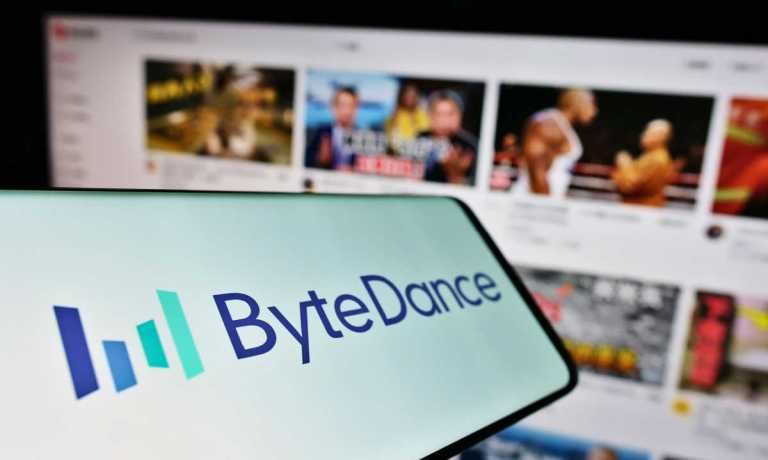
ByteDance is reportedly eliminating hundreds of jobs as it scales back its gaming unit, Nuverse.
The Chinese tech giant, which also owns TikTok, has no plans to eliminate the division but will cut positions, CNBC reported Monday (Nov. 27), citing an unnamed source.
“We regularly review our businesses and make adjustments to center on long-term strategic growth areas,” a ByteDance spokesperson said, per the report. “Following a recent review, we’ve made the difficult decision to restructure our gaming business.”
ByteDance has spent the last few years pushing into the gaming sector to compete with rival Chinese tech conglomerate Tencent, which makes popular titles like “Honor of Kings” and “League of Legends.”
In 2021, ByteDance acquired mobile gaming studio Moonton for $4 billion, saying the firm “provides the strategic support needed to accelerate Nuverse’s global gaming offerings.”
Now, however, the company is looking to sell Moonton, according to the CNBC report.
Last month saw news that ByteDance recorded a $6 billion operating profit in the first quarter of the year. The profit marked a reversal of fortune for ByteDance in the last two years, as the company had a $7 billion operating loss in 2021. Its revenue climbed by more than 38% in 2022 to $85.2 billion.
But as the company’s revenue expands, its revenue growth has slowed since last year, when it rose by almost 80%. ByteDance generated more than $20 billion in operating profit last year.
Meanwhile, last week saw reports that TikTok is working with Indonesia’s GoTo to jumpstart its eCommerce business in that country.
The plan would see TikTok invest in GoTo’s online shopping arm Tokopedia via a joint venture that would let TikTok reinvigorate its online shopping operation in what is the largest market in Southeast Asia.
Earlier this year, Indonesia introduced new regulations for the use of eCommerce via social media, blocking platforms from handling direct payments for online purchases, a distinction that really only applies to TikTok.
As PYMNTS wrote, the rules mean that the “company could advertise products to its more than 100 million Indonesian users, but those customers would need to jump to a different site or app to make purchases.”